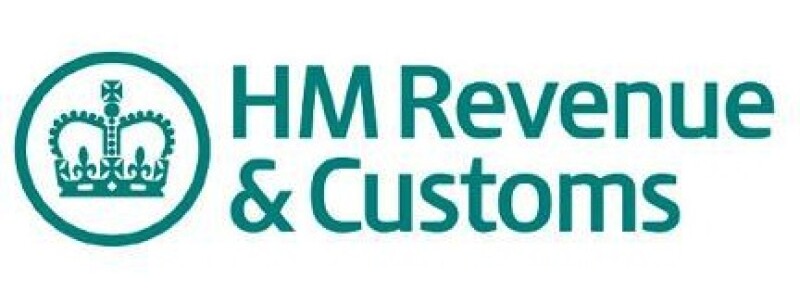The indication is that taxpayers will be denied compound interest claims on overpaid VAT when the case comes back.
The Littlewoods case arose after HMRC was forced to repay VAT charged in breach of EU law from 1973 to 2004.
Where a taxpayer has overpaid VAT, it is entitled to a remedy which is consistent with the EU principles of equivalence and effectiveness.

Since October 2004, HMRC has repaid more than £200 million ($314 million) in overpaid VAT and almost £270 million in simple interest on the VAT repayment to Littlewoods, in accordance with the Value Added Tax Act 1994.
However, Littlewoods argues that it is entitled to a total remedy of £1 billion, based on calculations applying the compounded rates of interest applicable to UK government borrowing during the period in question.
The ECJ ruling said: “EU law must be interpreted as requiring that a taxable person who has overpaid VAT which was collected by the member state contrary to the requirements of EU legislation on VAT has a right to reimbursement of the tax collected in breach of EU law and to the payment of interest on the amount of the latter.
“It is for national law to determine, in compliance with the principles of effectiveness and equivalence, whether the principal sum must bear simple interest, compound interest or another type of interest.”
The key issue of whether Littlewoods is entitled to further repayments based on compound interest has thus been referred back to the UK High Court.
Andrew Loan, of Macfarlanes, said this is likely to mean that the High Court will confirm its preliminary view that simple interest is adequate.
“Based upon cases in the UK courts over the past two years, I think it is likely the High Court will decide it is not necessary to apply compound interest to provide an effective remedy for taxpayers,” said Loan.
“Under the principles of equivalence and effectiveness, member states must give taxpayers a legal remedy for infringements of EU law that is accessible and is equivalent to what would be available if it were a claim under domestic law, but there is no requirement that the member state must always offer its most favourable remedy in all cases,” he added.
In its ruling, the ECJ also said that the payments already made by HMRC to Littlewoods corresponding to interest due over about 30 years, exceeds by more than 23% that of the principal sum of around £200 million.
Robert Waterson, of Dorsey & Whitney, said the inclusion of these bare figures must be irrelevant to the central question of whether or not the remedy provided is effective since this should require an analysis to correct for the erosive effect of inflation and restitution for the undue benefit enjoyed by HM Treasury.
Loan added that the ECJ seems most concerned to ensure that taxpayers receive equivalent remedies for EU claims and domestic claims, and not to harmonise the different legal frameworks of member states.
“One issue for taxpayers in the UK is that it matters how the claim made from the outset. Compound interest can be claimed as part of a restitutionary claim at the High Court, but compound interest is not available for a repayment claim under the statutory VAT rules, whether the claim is based on EU law or UK domestic law. The High Court in Littlewoods has said that the statutory claim excludes claims in the High Court, and the ECJ says that the legal system only needs to ensure the remedy available is equivalent for EU and domestic claims,” said Loan.
Littlewoods is the UK’s lead VAT compound interest case and its final determination in the UK High Court will impact several other cases.
An HMRC spokesman said: “The European Court has today confirmed there is no European law requirement for compound interest. It is now up to the UK courts to decide the appropriate type and amount of interest.
“HMRC’s position remains that the payment of simple interest is correct for refunds on overpaid VAT.”










